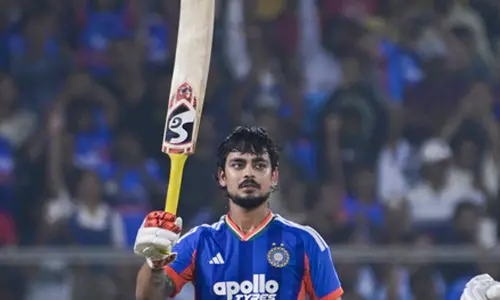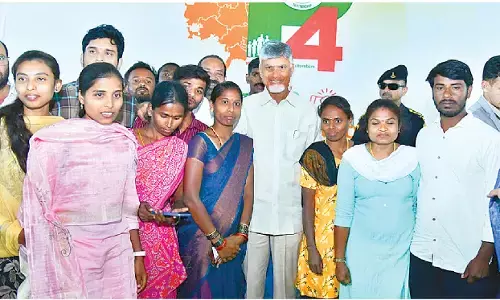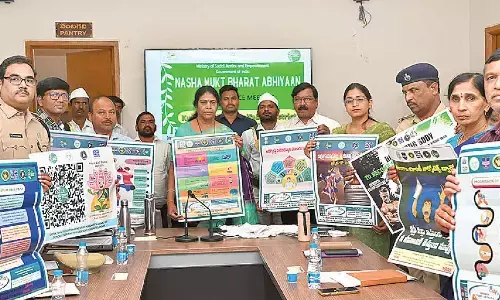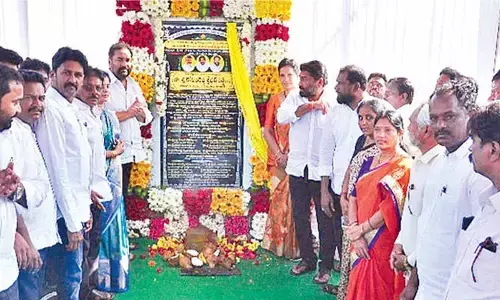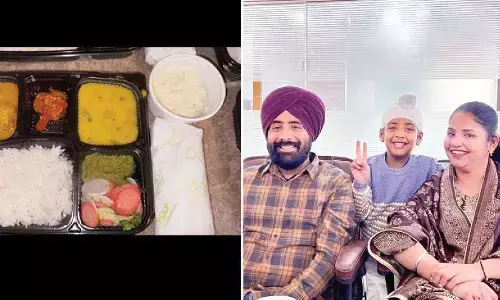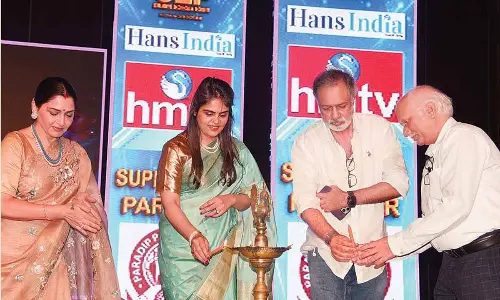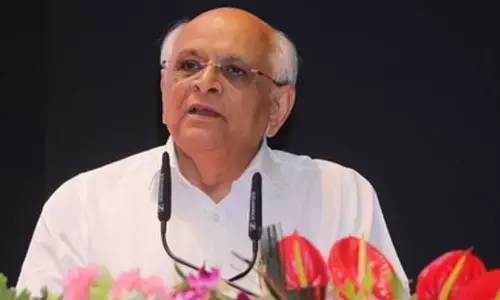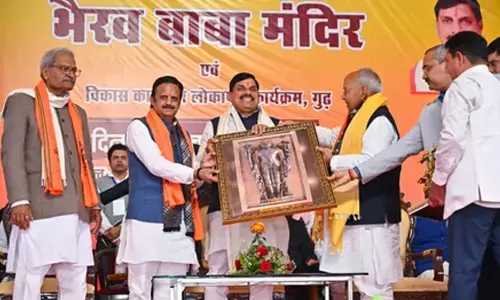Landmark verdicts of Supreme Court
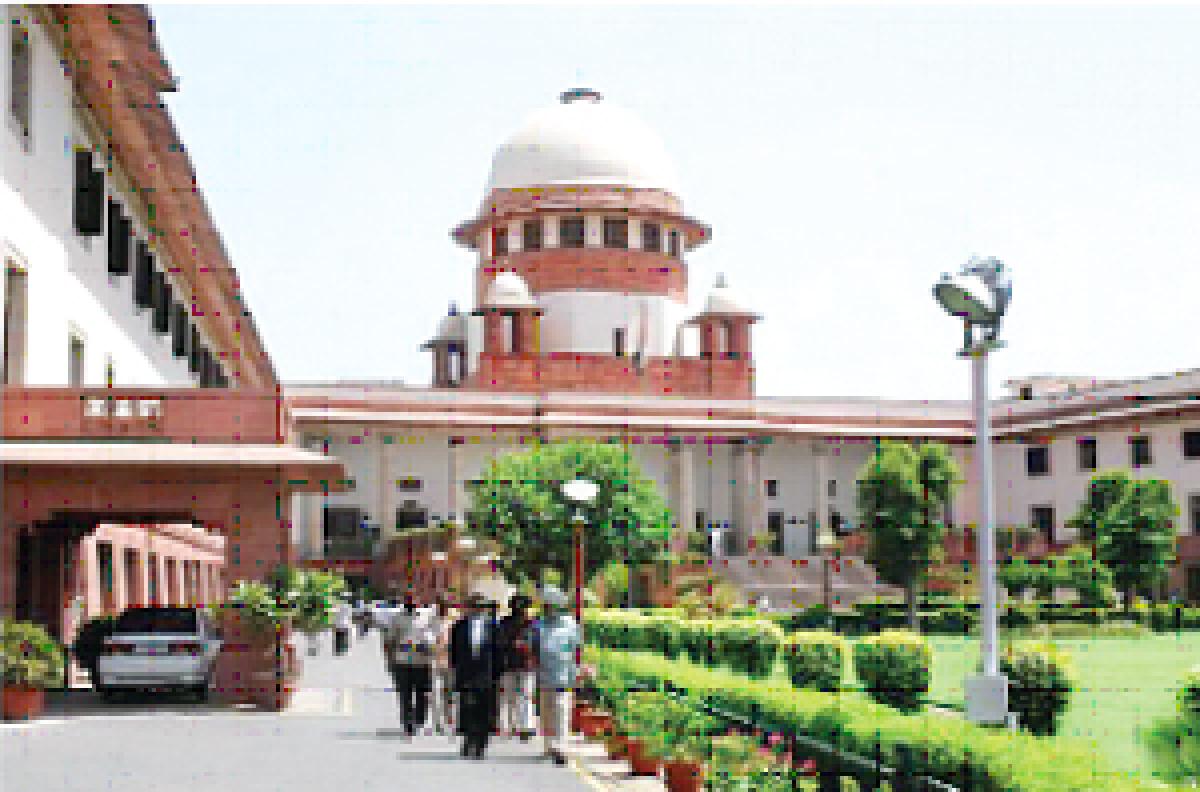
Landmark Verdicts Of Supreme Court. Judicial review is one of the salient features of the Indian Constitution. It was borrowed from the Constitution of the United States of America.
.jpg) Judicial review is one of the salient features of the Indian Constitution. It was borrowed from the Constitution of the United States of America. A galaxy of legal luminaries in the Supreme Court and various High Courts used the judicial review to deliver landmark judgements post-independence.
Judicial review is one of the salient features of the Indian Constitution. It was borrowed from the Constitution of the United States of America. A galaxy of legal luminaries in the Supreme Court and various High Courts used the judicial review to deliver landmark judgements post-independence.
Judicial review can be safely termed as the weapon for the citizens whenever they felt wronged by legislations. For instance, the Supreme Court in unequivocal terms stated in a landmark judgement in Kesavananda Bharati case that the basic structure of the Constitution cannot be altered.
The Supreme Court and the respective High Courts of various states are empowered by Judicial Review to assess the legislations passed by legislatures to declare them null and void if they are found to violate the rights guaranteed in the Constitution. Following are some of the landmark judgements delivered by the Supreme Court in 2015.
Section 66A of IT Act
A division Bench of the Supreme Court comprising Justices Jasti Chelameswar and Rohinton F Nariman on March 24, 2015 struck down Section 66A of the Information and Technology Act, which allows police to arrest people for posting “offensive content” on the internet. The Bench said the public's right to know is directly affected by Section 66A and the Section clearly affects the right to freedom of speech and expression enshrined under the Constitution.
Two girls were arrested over a Facebook post questioning the shutdown of Mumbai for the funeral of Shiv Sena patriarch Bal Thackeray. Following a complaint by a Sena leader, the police booked a criminal case against the two girls—one for posting the comment and the other posting a “like” to that comment.
Shreya Singhal, a law student filed the petition in the Supreme Court challenging the validity of the Section 66A of the Information Technology Act, 2000.
The Section 66A was struck down in its entirety being violative of Article 19(1) (a) and not saved under Article 19(2). However, the judgement stated that Section 69A and the Information Technology (Procedure & Safeguards for Blocking for Access of Information by Public) Rules 2009 are constitutionally valid. The Division Bench also struck down Section 118(d) of the Kerala Police Act being violative of Article 19(1) (a) and not saved by Article 19(2).
“When it comes to 66A, Article 19 of the Indian Constitution we have fundamental rights and in that we have freedom of speech, but one should follow certain provisions in it,” says Mastan Vali, Advocate, High Court at Hyderabad.
S Umapathi, retired IG, CID, echoed the same. He says, “Article 19 of the Indian Constitution guarantees the fundamental rights and the right to freedom of speech. But we have certain limitations which one should follow.”
Unwed mothers
In a land mark judgement on July 7, the Supreme Court asked the country to grow up and accept the fact that a woman can take good care of a child all by herself. This was in relation to an unwed mother's guardianship of a child born out of wedlock. While declaring this, Justice Vikramjit Sen also overturned a judgement by the Delhi High Court, which had opinion to the contrary.
A woman who found she couldn't put the name of her son as the nominee to her savings and insurance policies moved the court. The irony here is, the woman has enough financial liquidity to have savings, insurance, etc and there is no need for the support of a man to bring up her child.
“The decision taken by the Supreme Court was right. When we are talking about unwed mothers, the father’s name is not necessary for the child in such a case. All these judgements are woman-friendly and woman-focussed,” feels Kondaveeti Satyavati, Secretary, Bhumika Women’s Collective.
Adding to Satyavati, Jayamma, Founder, Chaithanya Mahila Mandali says, “Father’s name is not compulsory. Sex workers who end up having children now don’t have to face the problem of taking the child’s father’s name. Hence this judgement of the apex court is helpful for them.”
The Supreme Court summed up the fears that dominate even the educated, financially independent women in the country.
Citing the laws of several other countries, the Supreme Court opined that a mother is “best suited” to take care of a child born out of wedlock.
Rape case not to be compromised
After a Madras High Court judge granted bail to a rape accused so that he can meet the victim for a possible mediation, the Supreme Court slammed the Tamil Nadu judge for his attitude, which is against the “dignity of a woman”.
A Supreme Court Bench headed by Justice Dipak Misra said that any compromise promising wedlock between a rape accused and the victim compromises the dignity of the woman. The court said that such a compromise lacks sensitivity on the part of those promoting a settlement.
The top court's comments recently were made in the context of another rape case from Madhya Pradesh. Holding that courts cannot take a soft approach on the issue, the Supreme Court Bench described the High Court ruling as a "spectacular error" and lack of sensitivity on the part of a lower court, which had allowed a rapist to go scot-free by accepting an agreement on wedlock.
Last week, a Mahila Court in Cuddalore district of Tamil Nadu found V Mohan guilty of raping a minor girl. Besides imposing Rs 2 lakh fine, the court had also sentenced him to seven years in prison. The victim was an orphan who was living with her adoptive mother. She was pregnant after the rape and had delivered a child.
After the Mahila Court verdict, Mohan had appealed to the Madras High Court for bail. Madras High Court judge Justice P Devadass granted interim bail to the rapist so that he could “mediate” with the victim. Justice P Devadass, holding that alternative dispute resolution such as mediation is now being used in criminal cases, had said, "In fact, even in Islam, Hinduism and Christianity there are instances of solving the disputes in a non-belligerent manner. The result of it is very good because there is no victor, no vanquished."
Senior lawyers and experts had condemned the Madras High Court order saying that this is a completely wrong approach in a criminal offence such as rape.
Not surprisingly after the row over his judgment, Justice Devadass in another case ruled that the rapists could not be spared lightly.
“The recent landmark judgement of Supreme Court is very helpful for people. If you are talking about rape, then there should be no compromise,” says Satyavati.
Live-in relationship
In another landmark judgement, the Supreme Court has ruled that an unmarried couple living together under the same roof should be presumed married and the woman would be eligible to inherit any legal property after death of her partner.
A Division Bench of Justices MY Eqbal and Amitava Roy said in the case of couples living together marriage would be treated man and wife until proven otherwise.
The court passed the order in a property dispute where family members contested that their grandfather, who was living with a woman for 20 years after his wife's death, was not legally wedded to the woman and she was not entitled to inherit the property after his death. They contended that she was their grandfather's mistress.
Despite the woman failing to prove that she was legally wedded, the court presumed that she was the legal wife after family members admitted that his grandfather had a relationship with the woman who was living with them in the joint family.
The Supreme Court has repeatedly ruled in favour of couples living in together, with the woman having all the rights that a wife would in a legal marriage.
Jayamma says, “According to me, living-in relationships are not correct. If a person wants to get divorced after marriage and stay with somebody else, that is alright. But people should not stay together before marriage. So I don’t think that the living-in relationship judgement is appropriate for our society.”
Askari Jaffer








